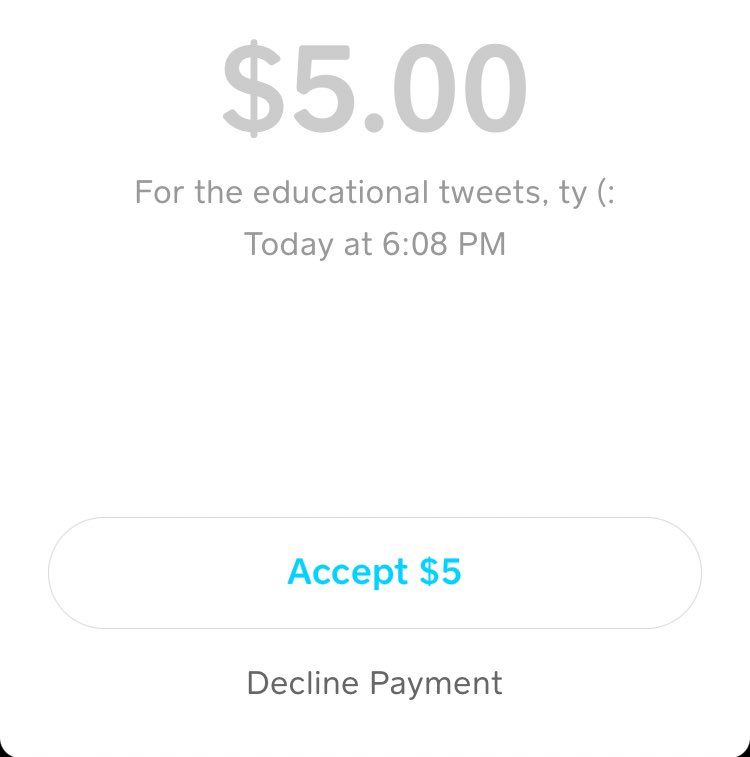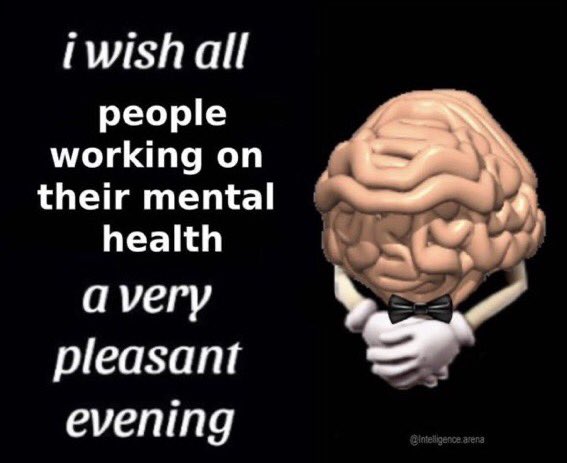my heart goes out to anyone whose attachment style is dismissive-avoidant and lives with their parents during this pandemic
DA (dismissive-avoidant) people feel constantly misunderstood by their caretakers. they don’t feel accepted or loved unconditionally for that matter. they’re in a constant state of alertness, feeling overly criticized and unsafe emotionally, psychologically or physically.
when they feel misunderstood, rejected, ashamed or inadequate, DA people retreat to their private space and isolate. they close off, shut down and keep everyone out in fear of burdening them, and in an attempt to re-gain control over their environment.
you can understand how their way of self-soothing can easily become dangerous for their MH as it gets entangled with depressive symptoms. it’s plain shit. and the thing is, DA people don’t feel like they can reach out, because they don’t feel comfortable relying on others.
no amount of “i’m here for you!” will convince a DA person that you care about them, so little advice for loved ones:
reach out! it’s not stupid to double or triple text a DA person; ask if you can step into their space and hang out all while respecting their boundaries!
reach out! it’s not stupid to double or triple text a DA person; ask if you can step into their space and hang out all while respecting their boundaries!
DA people are transparent individuals so do not make them guess whether or not you’ll be there for them tomorrow.
they want you to be predictable, reliable, consistent, supportive, validating and safe. they only seek out a safe space where they will be accepted for who they are.
they want you to be predictable, reliable, consistent, supportive, validating and safe. they only seek out a safe space where they will be accepted for who they are.
once you do feel safe to a DA person they will reciprocate all the love that you give them. they are stuck in survival mode — lowering their shield isn’t an option. it takes them a second to understand that you’re not out to get them, but they do get there.
they don’t take criticism well not because it hurts their ego, but because it brings them back to the pain they’ve experienced with their caregivers. pain that has made them feel like there was something inherently wrong with them. untangling it is a process.
if you must serve a DA person with criticism, make sure an equal or higher amount of validation is given in the same breath. they have painful and negative associations with criticism because their caretakers have used it in ways that made them feel defective.
the DA person is very autonomous, and wants you to respect their autonomy.
if they want to take a walk, they hope you wish them a lovely walk. if you punish their need for space and autonomy, or react negatively, you will overwhelm the shit out of them.
if they want to take a walk, they hope you wish them a lovely walk. if you punish their need for space and autonomy, or react negatively, you will overwhelm the shit out of them.
the DA person is sensitive to the need of their loved ones, even if they appear detached. if you do want closeness with a DA person, make sure to directly and explicitly tell them, and reinforce them when they meet your needs so they feel capable of making you feel good.
overall, there is so much to say but the DA person wants a safe space in their interpersonal relationships. they want stability. they want consistency. they want to be able to trust you with their feelings, so don’t give them reasons to feel alarmed or undervalued.
DA people genuinely have a hard time opening up. if they do make that step towards you, reinforce them. listen to them. do not give unsolicited advice; just listen, paraphrase, reflect and summarize. ask them to clarify, ask them how it makes them feel!
the caretakers of a DA person barely discuss emotions with them. the parents here ignore any issue and conflict until it “goes away”. as much as the DA person wants to sit down and talk, their caretakers will be awfully dismissive and do nothing but misinterpret their actions.
so when someone DOES make that effort of reaching out after a conflict/misunderstanding and apologizing to them, expressing an understanding of their actions, or being vulnerable — it does not go unnoticed to the DA person. it means a lot to them. and they will reciprocate.
vulnerability to the DA person is synonymous with enormous amounts of pain. don’t push them to open up or try to coerce them into doing it — they’re hyperaware of those things, and will kick you out of their lives, as you present a threat to them. be patient and gentle.
EACH and every one of you has an attachment style that comes with its own challenges. learn just what it says about you. it will help you on your journey. it’ll do nothing but improve your relationships. be aware of these things and share them with your loved ones!
you are many, many, many things. explore who you are, outside of your MI. it will help untangle things, and differentiate your personality, your own sensitive red buttons (which are non-pathological) fom your MH issues.
human beings are social animals and therefore naturally seek the companionship of others as part of their well being! you are no exception! understanding the way you form connections with others and what boundaries work for you is ESSENTIAL
i think i got carried away i didn’t realize i talked this much i have sm more to say but i hope this laid a solid foundation for those who didn’t know as much about the DA attachment style! the DA person is also known as the “avoidant” adult
i have sm more to say but i hope this laid a solid foundation for those who didn’t know as much about the DA attachment style! the DA person is also known as the “avoidant” adult
 i have sm more to say but i hope this laid a solid foundation for those who didn’t know as much about the DA attachment style! the DA person is also known as the “avoidant” adult
i have sm more to say but i hope this laid a solid foundation for those who didn’t know as much about the DA attachment style! the DA person is also known as the “avoidant” adult
i find it important to present or vulgarize psychological literature outside of one’s self, but i really do get it. this thread should’ve been called “psychology major rambles once again about something they’re passionate about”
also ????  i randomly got this tip and i appreciate it so much.
i randomly got this tip and i appreciate it so much.
tips aren’t at all required but are extremely appreciated. if you feel called to tip me for this thread my cashapp + venmo are $heyines i genuinely hope you all learned something new from it
i genuinely hope you all learned something new from it
 i randomly got this tip and i appreciate it so much.
i randomly got this tip and i appreciate it so much. tips aren’t at all required but are extremely appreciated. if you feel called to tip me for this thread my cashapp + venmo are $heyines
 i genuinely hope you all learned something new from it
i genuinely hope you all learned something new from it
i just realized i’ve spent nearly two hours writing this thread LMAO time flies when you’re dissecting psychological theories!
thanks to anyone reading and sharing my words. it makes me feel good to be able to articulate these thoughts for myself and others :)
thanks to anyone reading and sharing my words. it makes me feel good to be able to articulate these thoughts for myself and others :)
one more thing: when the DA person wants nothing but alone time for say the next 7 hours, respect their need to recharge and soothe themselves.
ask if they want non-charged contact (sharing memes/cat pics/watching a cartoon), to be alone or to talk. just ask, and check in later.
ask if they want non-charged contact (sharing memes/cat pics/watching a cartoon), to be alone or to talk. just ask, and check in later.
DA people are autonomous and hypersoothing, and often know how to distract themselves or how to make themselves feel better, but that doesn’t mean they can’t feel confused, alone or helpless. sometimes by just asking what happened they might just open up.
sometimes the DA person will tell you they feel overwhelmed by their emotions and the only thing that’ll help them cope is watching spongebob under their blanket. sometimes they need to regulate themselves before they can talk. just get to know their process!
it is not difficult to have a healthy relationship with a DA person. respecting + understanding their boundaries will get you far.
be careful to not give them too much space, and unintentionally make them feel unappreciated. make yourself comfortable and pop back in :)
be careful to not give them too much space, and unintentionally make them feel unappreciated. make yourself comfortable and pop back in :)

 Read on Twitter
Read on Twitter



